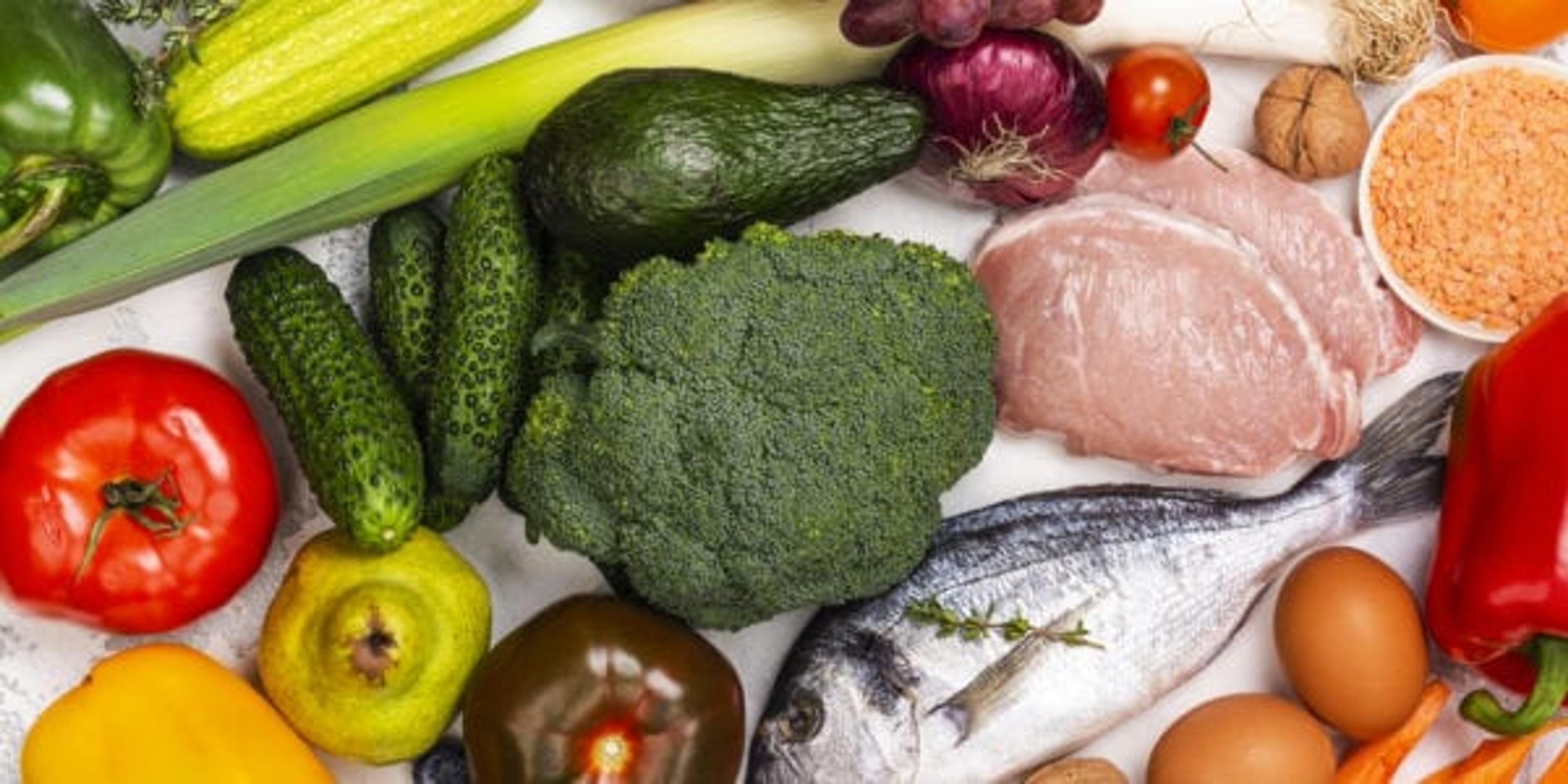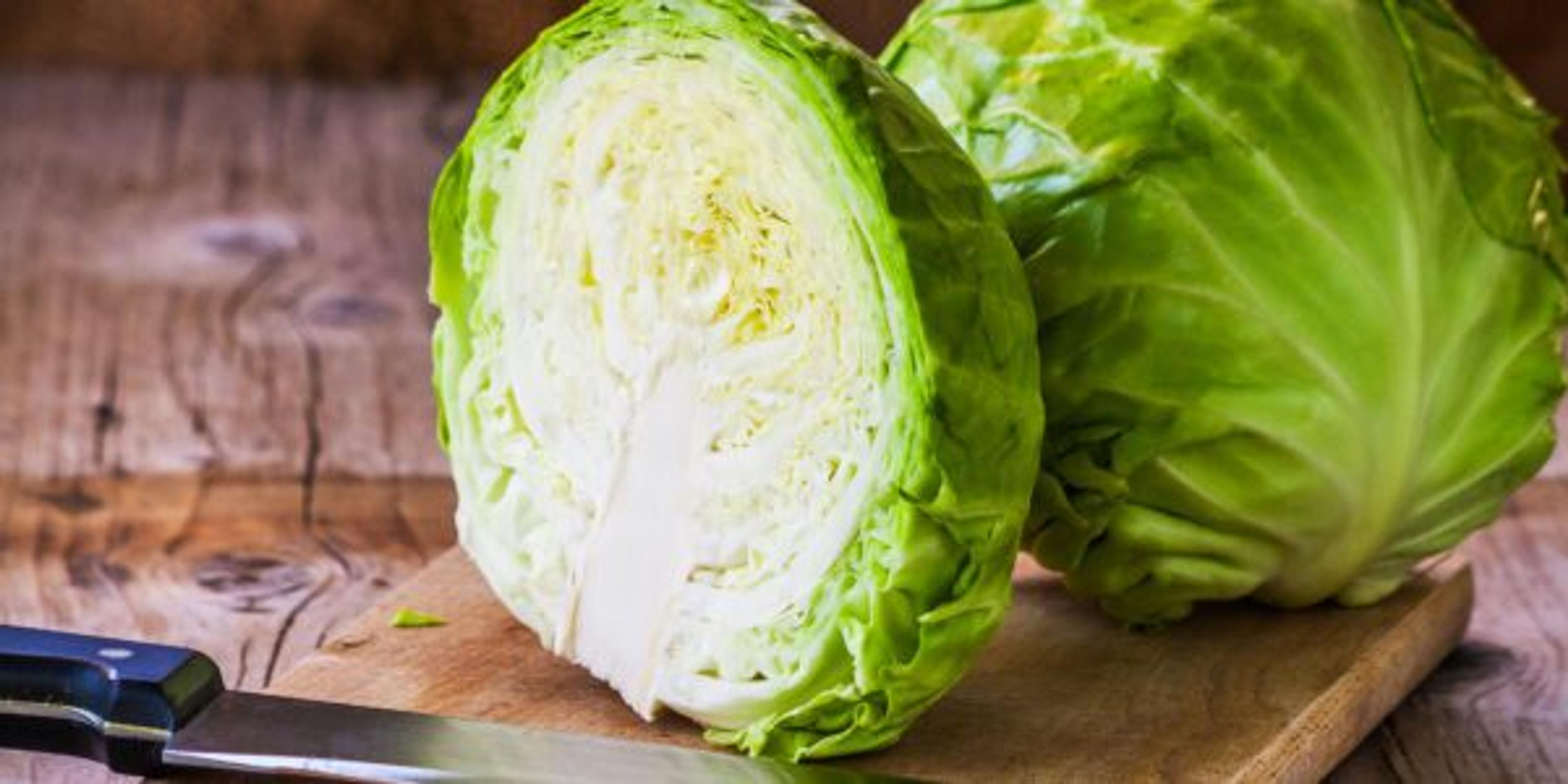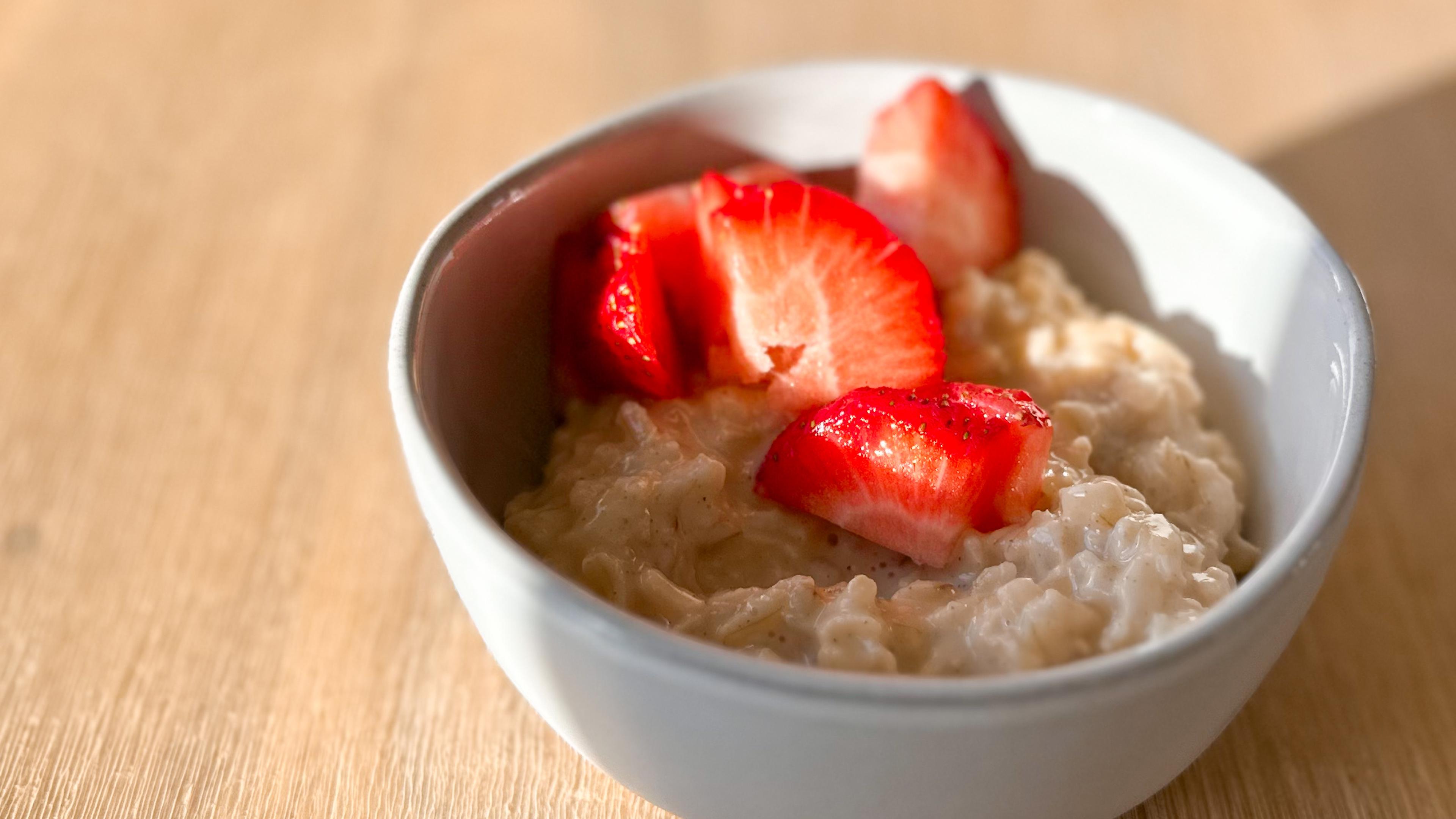Diet Trends to Watch for in 2021
4 min read

A renewed commitment to health is usually part of our ritual of marking the New Year. That often means a new diet with the goal of shedding some stubborn pounds or a new exercise regime intended to tighten and tone.
As we head into 2021, diets are being inspired by changes in our world, whether it’s the environment or the pandemic. Here are three trends you might expect to see and what you should know about them:
Plant-inspired diets. There is a greater focus on plant-based diets, spurred by concerns both about people’s health and the planet. Reducing consumption of meat and dairy is one way to help stop the devastating impacts of climate change, according to a 2019 special report by the United Nations Intergovernmental Panel on Climate Change. That message is resonating with many. As a result, more people are turning to plant protein alternatives — chickpeas, lentils, and other kinds of beans — that are not only good for the planet but beneficial for their health.
“Plant-forward or flexitarian are the buzzwords,” said Shanthi Appelö, a registered dietitian and health and wellness spokesperson for Blue Cross Blue Shield of Michigan. “Basically, they mean you primarily follow a vegetarian diet but occasionally include fish or meat.
COVID-inspired diet. In response to the pandemic, there is growing interest in immune-boosting foods. New diets may promote foods rich in iron, zinc, protein, and vitamins C and D, as they are connected to immune function. With this strategy, it’s important to remember there are increased benefits with eating real food vs. supplements. Beta carotene, for example, as a high-dose supplement can increase the risk for lung cancers in current and former smokers. But consume this vitamin in a helping of steamed carrots or a baked sweet potato, and your body will benefit from the synergistic effects of other nutrients in the food. Moreover, though it’s commonly believed mega dosing vitamin C will help fend off a cold, research only supports this theory in high-performance athletes.
COVID-19 is also changing where we eat. As fewer people are dining out, more companies may offer services that supply healthy meal preparation kits and delivery services.
Perennial diets. There are reasons that certain diets return every year, whether they are the Mediterranean diet or low-carb. The Mediterranean and DASH diets continue to take the top two spots for “best diets” each year as they promote balance, have flexibility and are the easiest to follow. The draw of low-carb diets, like keto, is that they can be effective for rapid weight loss. That’s because you’re depleting the body’s glycogen stores and not replenishing them, according to Appelö.
The storage form of carbohydrates is bound to water, so when we drain these stores in our liver and our muscles, it results in an initial rapid weight loss from water. Weight loss continues as calories are significantly cut by reducing carbohydrate consumption.
“Low-carb diets may be challenging to follow in the long-term as they can be restrictive in nature. For some, the deprivation leads to overeating once higher-carbohydrate foods are reintroduced and ultimately weight regain,” she said.
When you are considering a diet, ask yourself these questions:
- Does it promise a quick fix or make bold claims? If it sounds too good to be true, it probably is.
- Does the diet eliminate food groups? All food groups have important nutrients, and a diet that is too restrictive is a warning sign.
- Can this diet translate to a lifestyle that you see yourself doing for the next year or the rest of your life? Are you able to eat things your family will be eating?
The best diets are the ones that people stay with over the long haul and encourage healthy lifestyle changes. They usually include exercise and encompass overall wellness more than just focusing on eating and weight loss.
Related:
Photo credit: Getty









